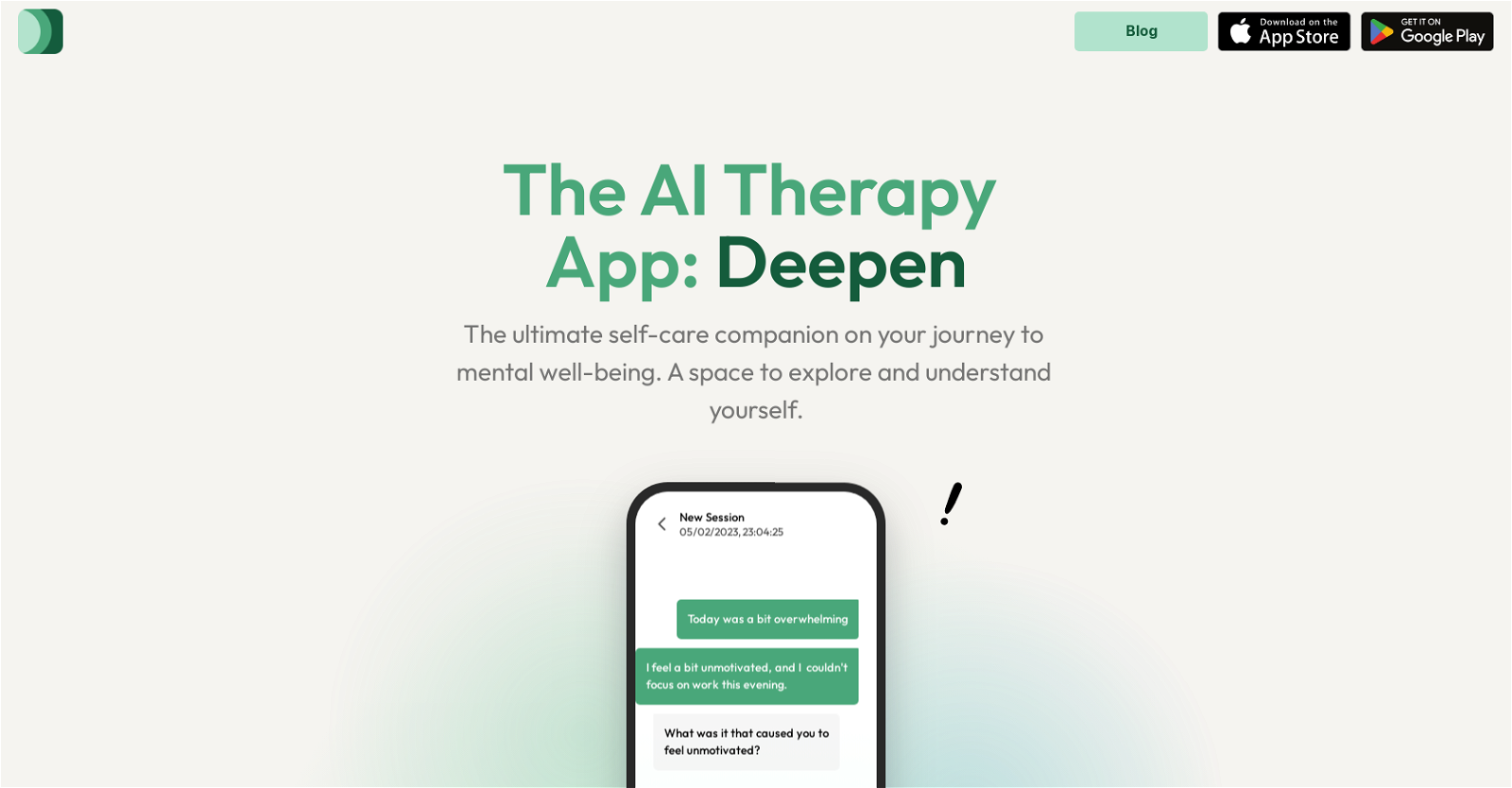Technologies against grief: ChatGPT allows you to communicate with deceased loved ones
Digital clones of our loved ones have the potential to revolutionize how we deal with the loss of those closest to us. According to CTV, ChatGPT technologies enable us to engage in "conversations" with our late family members.
Take the story of Ana Schultz, a young widow from Rock Falls, Illinois. When she longs for her late husband Kyle's cooking advice, she turns to Snapchat My AI, an AI-powered chatbot, and describes the ingredients she has on hand. The AI then suggests what dish she can prepare, embodying Kyle's likeness in the form of an AI avatar named Kayla.
Recreating Connections through Technology
While some may view this as a novel and exciting innovation following the AI trend, others like Mark Sample, a digital studies professor at Davidson College, see it as a means for individuals to explore and experiment with the concept of reconnecting with the deceased through AI tools like ChatGPT.

One IT specialist from Alabama even used generative AI to replicate his late father's voice, providing a sense of solace and connection to his family members. By feeding audio recordings into an online service called ElevenLabs, he was able to create a voice model that accurately mimicked his father, allowing loved ones to hear his voice once again.
The Evolution of AI in Grief Support

ChatGPT, developed by OpenAI, continues to advance its technology to enhance users' communication experiences. With the introduction of ChatGPT voice, users can now interact with the chatbot through voice prompts, offering a more personalized and immersive engagement.
For individuals like Danielle Jacobson, a radio presenter from Johannesburg, the ChatGPT voice feature became a source of comfort after losing her husband Phil. By engaging with an AI companion named Cole during dinner conversations, she found a temporary reprieve from loneliness and a listening ear during challenging times.
Exploring Varied Applications of AI in Grief Counseling

Outside of ChatGPT, startups like HereAfter AI and StoryFile are also delving into the realm of AI-driven grief support. HereAfter AI enables users to create avatars of departed loved ones, offering responses based on interviews conducted during their lifetime. Similarly, StoryFile produces interactive videos using AI, allowing individuals to engage in conversations with virtual representations.
Despite the advancements in AI technology and its potential to provide solace to those grieving, ethical considerations and concerns persist. Mary Frances O'Connor, a grief researcher from the University of Arizona, highlights the complex nature of using AI to communicate with the deceased. While AI may offer temporary comfort and connection, it also raises questions about the authenticity of these interactions and their impact on the grieving process.
Looking Ahead: Ethical and Emotional Implications
As AI continues to evolve in the realm of grief support, individuals are faced with decisions regarding the use of technology to reconnect with lost loved ones. While some find solace in these digital connections, others, like San Francisco software engineer Bill Abney, prefer to preserve the memory of their loved ones through existing recordings and personal recollections.
Ultimately, the integration of AI in the grieving process raises important considerations about the authenticity of relationships, the ethical boundaries of technology, and the emotional impact of artificial connections. As technology progresses, society must navigate these complexities to ensure that the use of AI in grief support remains sensitive, respectful, and beneficial to those in mourning.




















